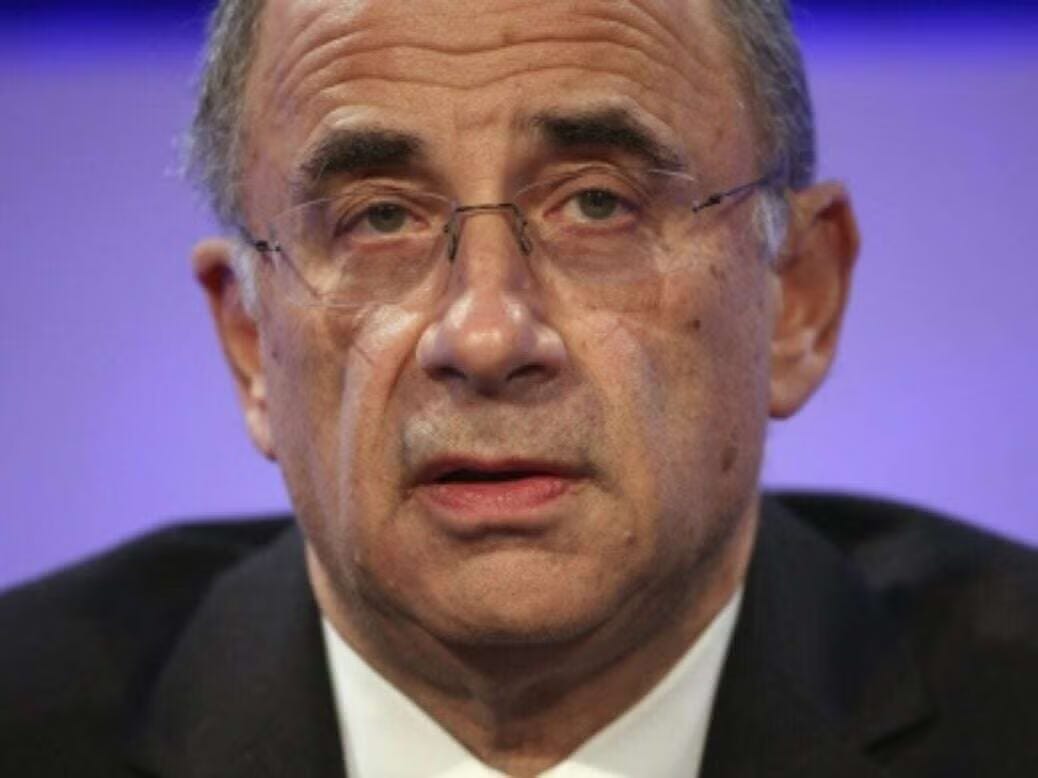|
 |
Fighting for journalism and profitable news media
New police media guidance aims to rest post-Leveson culture of suspicion
And new survey suggests sharp drop in young journalists, plus court ruling finds AI company generated images with Getty’s trademarks in breach of law
Good morning from the team at Press Gazette on Wednesday, 5 November. Here’s our daily round-up of media news, sponsored by PA Media.
Stay ahead in a video-first world. Join PA Media and the PPA for their breakfast briefing tomorrow (6 November), packed with real-world publishing insights and strategies.
Reserve your spot today - spaces are limited!
🚨Hopes have been raised that the culture of suspicion and secrecy between police forces in England and Wales and journalists could finally start to lift.
High-profile incidents such as the disappearance of Nicola Bulley and the Southport stabbings at a children’s dance class have forced the hand of police leadership.
In those cases police secrecy and a refusal to trust the media with background briefing led to real harm as conspiracy theories and dangerous misinformation were allowed to spread unchecked on social media.
The new guidance from the College of Policing offers some major steps forward and in particular it states: “Officers and staff of all ranks and roles are encouraged to provide factual information to the media concerning operational incidents or investigations.”
This would be a huge step forward if it comes to fruition. Journalists are currently used to information coming from police forces solely through their press offices and only when it suits the force concerned.
Police forces operate by public consent and so there should be a presumption of openness. The public and press has a right to know what they are doing on our behalf.
This could be a consequence of shrinking opportunities in national and regional news media amid ongoing print decline and pressure around online advertising for publishers.
The survey comes with a big caveat: there is a high margin of error when extrapolating conclusions from the small subset of data in this government survey that relates to journalists. But it should ring alarm bells nonetheless.
🤖 And there was some good news in the ongoing battle between publishers and kleptomaniac AI companies in the UK courts yesterday.
But the findings were “both historic and extremely limited in scope” so do not yet set any precent on protection for news and pictures from AI scraping and copying.



